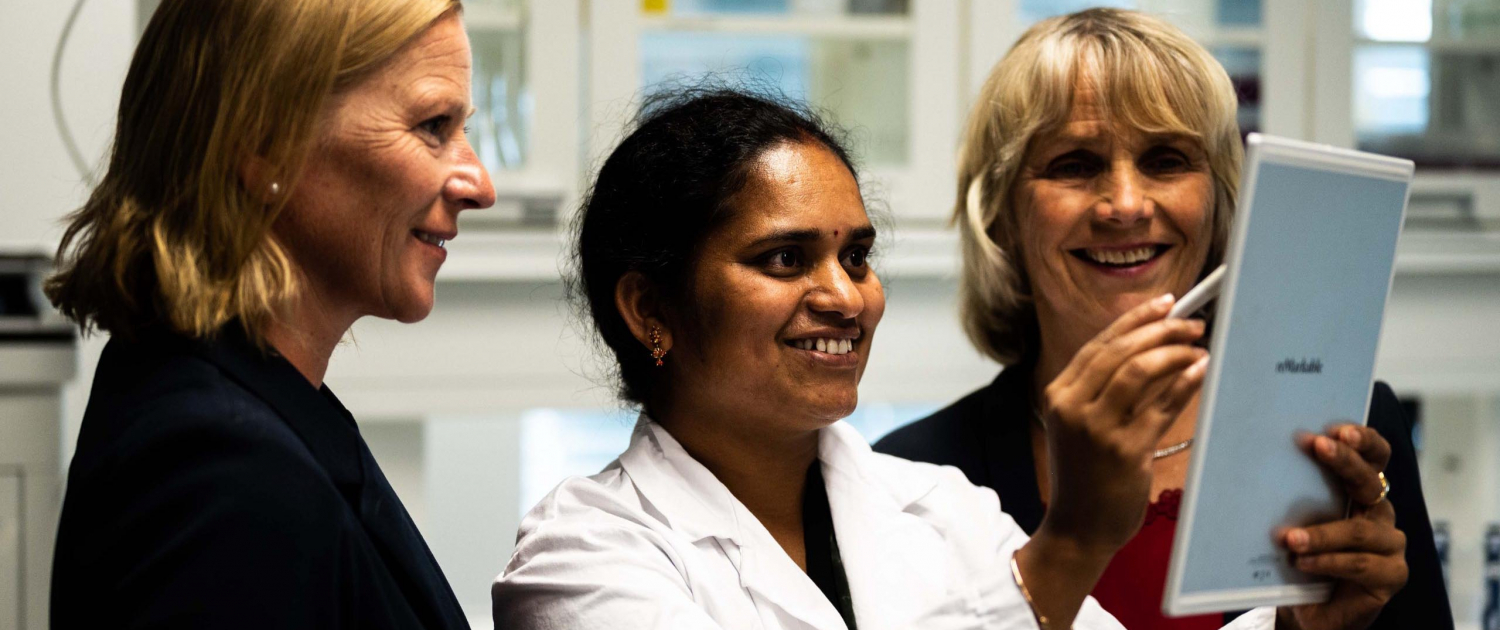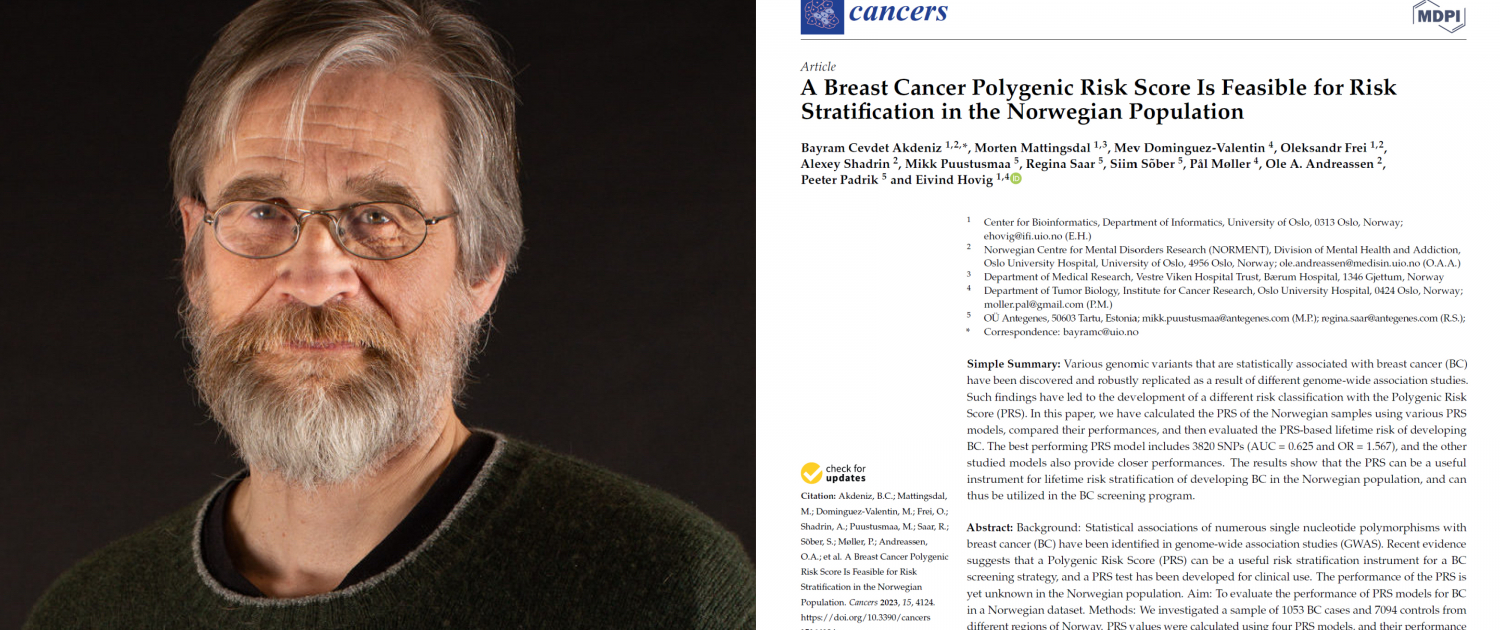SurViva joins Oslo Cancer Cluster
 Surviva
Surviva
Meet the newest member of Oslo Cancer Cluster – SurViva, a Norwegian consultancy providing quality guidance for life science companies.
“Cancer research is one of SurViva’s strategic areas of focus, as this is an area where Norway clearly has the potential to develop innovative treatments and value-creating businesses. SurViva is joining Oslo Cancer Cluster to offer our comprehensive Quality package enabling businesses to more efficiently turn great science into lifesaving products,” said Astrid Hilde Myrset, CEO of SurViva.
SurViva is a small Norwegian consultancy offering services including quality assurance (QA) and customised digital quality management systems (eQMS) to health start-ups.
“Quality assurance and the establishment of a quality management system may represent a significant hurdle for small developing companies. Historically, the solution for the individual company has been to employ a QA in a 100% position. A newly hired QA is often alone, may have limited experience, and can easily end up creating resource-intensive systems that can grow out of proportion and require an unnecessary amount of time and expense for the company,” said Myrset.
Focus on quality
SurViva works to grow a pool of quality expertise available for several companies in parallel, to accelerate product development and promote industrial growth.
“In this way, the individual company can get started with its quality system at the right time and have flexible access to qualified resources at any time throughout the development process. When desirable, own QA personnel may be hired, and by having access to a competence pool, it will be easier to make smart choices based on shared experiences and expertise,” said Myrset.
Helping developing companies
SurViva became a member of Oslo Cancer Cluster in September 2023 to contribute to the organisation’s vision of accelerating cancer treatments and diagnostics that improve patients’ lives.
“We think our vision is very well aligned with Oslo Cancer Cluster’s vision. Our Quality package will save time and costs for developing companies, and thus enable accelerated development of new cancer treatments,” said Myrset.
- Read more about SurViva here: https://surviva.no/
The post SurViva joins Oslo Cancer Cluster first appeared on Oslo Cancer Cluster.




